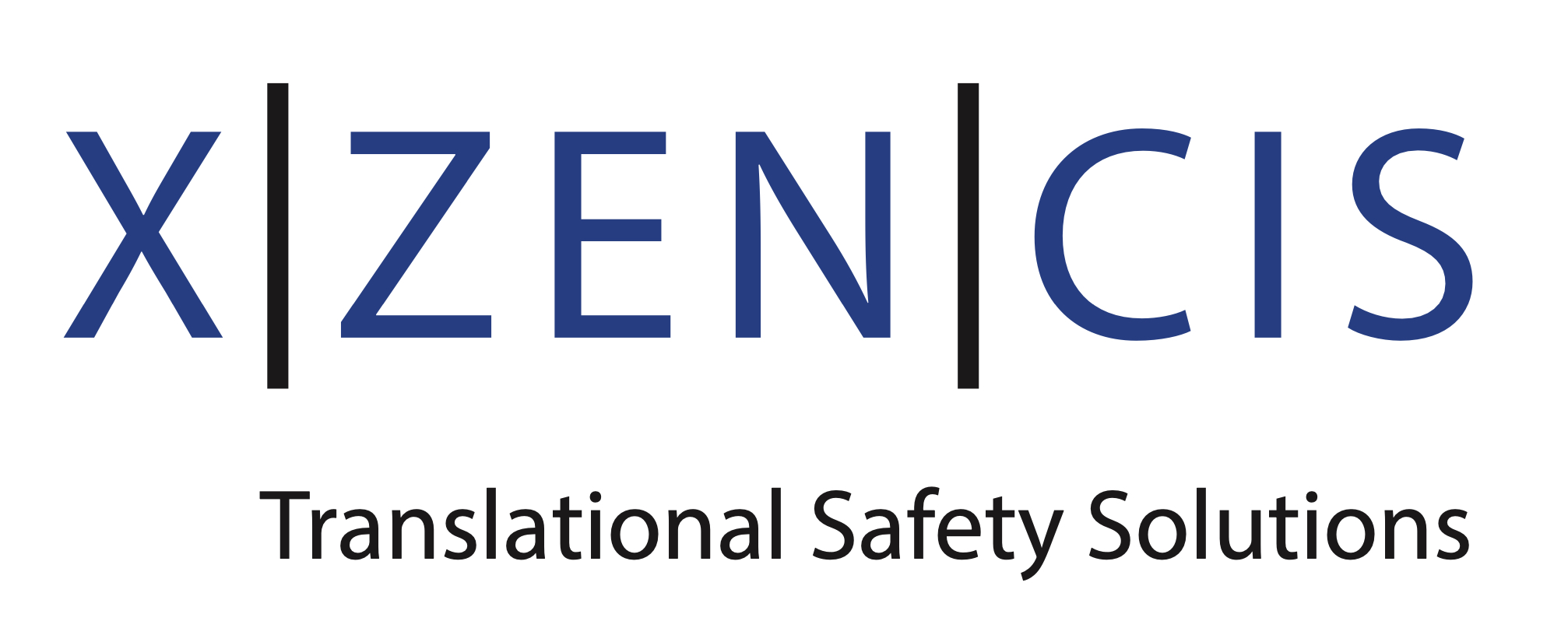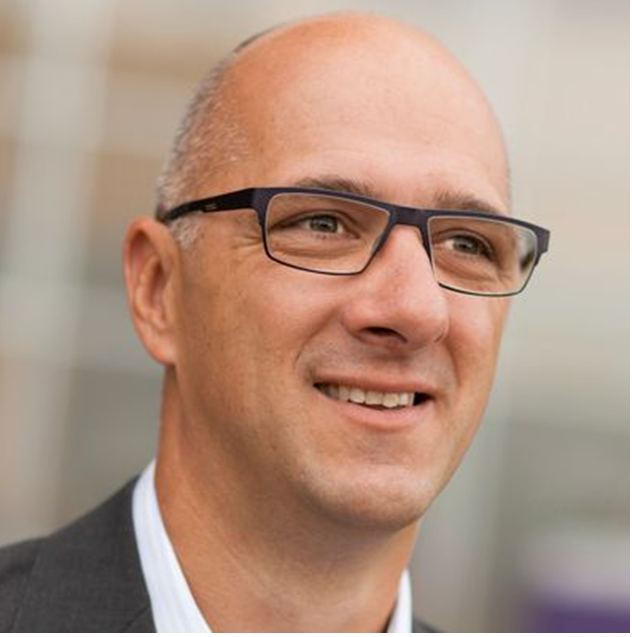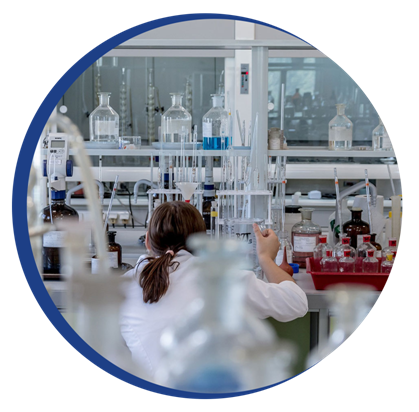By Xzencis AB
Xzencis Consultancy – Questions of values
Pharmacological safety is a value driven business, almost by definition. Ensuring safety itself is driven by ethical values such as humanity, care, prudence, and caution. At the same time, safety also has intrinsic value in terms of shareholder value, reputational protection, risk avoidance, as well as hidden values in its indirect contributions to research & development, business process, marketing and regulatory success.
Xzencis AB’s consultancy services in Drug and Patient Safety, Pharmacovigilance and Translational Safety, Business Development, licensing, M&A, Governance and Change Management interact with all these questions and more. This can be summed up in one overall question: “Where and how does effective safety add value?”
Once again pharmaceutical-networking.com sat down with Xzencis founder and Managing Director Dr. Steffen Ernst to pose a few questions and hear some direct answers.
Pharmaceutical-Networking: Safety and pharmacovigilance are customarily seen as unavoidable cost centers that are just the price of doing business in the life sciences arena. Do you agree – and is that perception correct?
Steffen Ernst: Sadly, it is true that some companies and their business advisors nurture such views. Luckily, I believe the vast majority of companies do not. However, some industries are much better in developing safety as a value-adding and marketable asset than pharma. Safety is an indispensable virtue and critically important sales argument in the car industry for decades. In the aviation industry it is, rightfully, an outright obsession. Nobody would ever set a foot in an aircraft that is not optimized for maximum safety in every possible aspect. There is no reason why patients should not expect the same from pharmaceutical products. The outcome of failed Drug Safety can be just as catastrophic as failed airliner safety.
P-N: What are the areas in which Xzencis is best able to add value to its clients’ businesses?
S.E: We can add safety value across the entire pharma value chain, from Non-Clinical Drug Safety to Patient Safety and Pharmacovigilance in Clinical Development and onwards after products hit the market. We provide operational support in these areas, develop safety strategies, solve problems and help companies setting up their organizations for effective and efficient safety development and regulatory compliance. We also provide services in M&A activities where safety is a key value determinant, as well as quantitative project and portfolio safety risk assessment for investors.
P-N: What is the significance of Translational Safety, compared with conventional notions of pharmacovigilance and Nonclinical Drug Safety as disciplines?
S.E: Standardized and regulated Non-Clinical Drug Safety and Pharmacovigilance (proactive safety surveillance of marketed products) are direct outcomes of the Thalidomide disaster in the 1950s and 60s where a drug was carelessly released to one of the most vulnerable patient segments, pregnant women, with terrible consequences. Drug/Patient Safety in Clinical Development, e.g., clinical trials, is an even newer concept. The problem is that these activity areas are organizationally and conceptionally separated and not very well aligned. Translational Safety in Medicine is an overarching concept aiming at developing and executing product specific safety strategies from earliest Drug Discovery to ultimate withdrawal of a product from the final market. It serves as an aligning and unifying force for the spatially and time-wise separated safety disciplines in the industry. The ultimate goals are better product safety profiles and outcomes through more aligned and consistent safety strategies across the entire value chain.
P-N: How much guidance do your clients need in truly understanding Non-Clinical Drug Safety and Patient Safety in clinical development, pharmacovigilance and Translational Safety?
S.E: This is best explained by an analogy. I used the car industry as an example above. Understanding car safety requires not only a good understanding of how cars are designed and built, and the materials used, but also how cars are used on the road as well as the regulations by which car safety is tested and verified. It is the same in pharma R&D. Safety programs generate relatively few datasets on their own. In isolation they are almost meaningless. A good command of drug safety at any stage requires not only a basic understanding of data generated by non-safety disciplines such as pharmacology and DMPK. It also demands the ability to integrate such diverse information to inform safety judgements.
Just like knowing the drivers and the road conditions in the car industry, knowledge of specific, often variable medical practices and patient characteristics are indispensable.
Our clients cover the entire spectrum from complete novices to competent experts. It is an integral part of our business to adjust to all individually. We guide and explain where needed and work jointly with experts on value adding activities only.
P-N: What are the balances or relationships between your potential roles as advisers, partners and service providers?
S.E: This is a very good question! In many cases we must be effective shapeshifters and change from one role into another on very short notice and several times a day. The point we want to make is that we never interact with our clients at arm’s-length. We treat their tasks, projects, and problems as if they were our own. Almost inevitably, we provide counsel and advice one minute, act as team member and partner in the next and generate content in the next instance. Needless to say, we often do things off the records without counting the time, e.g. reflecting on a task is not time we charge a client. We are not keeping chess timers like many lawyers do.
P-N: What are the aspects of Xzencis that you would say make it distinctive and are there any in which you would say you were unique?
S.E: There is no shortage of consultancies and service providers for just about every Pharma R&D discipline under the sun. Non-clinical Drug Safety/Toxicology and Patient Safety/Pharmacovigilance are no exception. However, to the best of our knowledge, we are the only company offering integrated pre-clinical and clinical expertise. This overarching approach allows us to develop and assess Pharma R&D strategies, something the companies restricted to a single discipline can only provide within their own function. Furthermore, translation of drug project or portfolio safety risks irrespective of development stage into quantitative financial terms for investors is rather unique offering.
P-N: How would you define the main USPs of Xzencis?
S.E: Our unique selling points are all expressed in our integrated approach to pharmaceutical R&D and product safety. In essence, our core activity is to devise the most effective clinical testing strategy for a given candidate drug and develop a comprehensive Non-Clinical Drug Safety approach to support that strategy in implementation.
P-N: Have you noticed the shape of your business changing over recent months or years, especially in terms of the types of service or assistance requested from you? If so, what would you say are the factors driving this?
S.E: Unfortunately, yes, we have. During the last 6-12 months we noticed a lamentable change from proactive, strategy developing tasks to reactive problem solving in ongoing Non-clinical Drug Safety programs and clinical trials. Sadly, the opportunities for solving such problems are limited and often relate to erroneous strategic decisions in the past, e.g., a lurking or effective Clinical Hold relating to inadequate Non-Clinical Drug Safety studies offers few opportunities for a quick resolution. We believe internal cost cuttings, especially in smaller companies are to blame. The sad truth is that such catastrophes are inherently more expensive than money spend on a sound and proper strategy in the first instance.
P-N: You are not a large company. How do you enlist additional support to handle large assignments?
S.E: Providing the best possible support and solutions is always our highest priority. When needed and agreed with our clients, we will bring in additional experts and resources from our considerable international network. So far, we have never experienced a bottle neck caused by lack of resources or expertise.
P-N: Finally, are there any types of advice or service requests that you would have to turn away? If so, why?
S.E: We generally reject work that conflicts with our Code of Conduct and ethical values. The most stringent standards set up by key companies in the pharmaceutical industry serve as a minimum baseline. In this respect, we would never engage in any type of activity aiming at disguising relevant safety or compliance issues.
Sometimes, we are asked to engage in activities to collect arguments for punitive actions against individuals in client companies or, worse, simply to lay off staff. We never accept such assignments. However, I’m also glad to add that it’s been many years since we last saw such an inquiry.
Resources
Click on Xzencis pre-clinical & clinical safety services for further information.



















